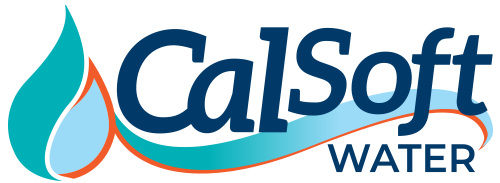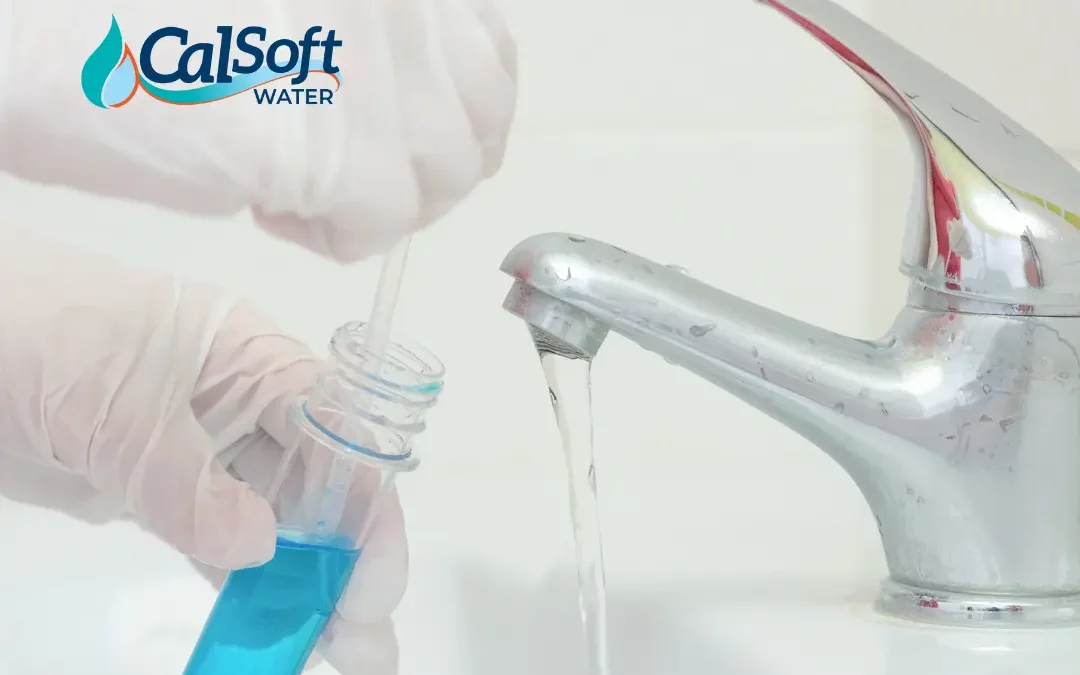Water quality is a fundamental element of your household and it deserves more than a passing glance. Our comprehensive guide to water quality testing will help you get started and hopefully teach you how to assess your home’s needs. Together, we’ll talk about our water quality experts’ most-asked questions, from “Do I need to test my water quality?” to “How can I test my water quality?” Understanding the importance of clean water comes with much responsibility. Suddenly, you’re interested in the best times to test your water quality and the methods of water quality assessments! But it doesn’t take long to experience the benefits of the right water treatment for your home. Read on to learn more about why, when, and how to test your water quality.
WHY you should test your home’s water quality
It’s a tale as old as time: your family’s health is only as good as the quality of your water source. In other words, if you want to invest in your health and your household, a custom drinking water system can help mitigate any local risk of water contamination or water hardness while making it work for YOUR home.
Regular water testing provides clarity on potential water contaminants and guarantees that your water is safe and clean. By understanding more about what’s in your water source, you can proactively create systems that address the appropriate risks. Raise your glass of water and cheers to a long life!
WHEN to test your home’s water quality
Every year
Annual water testing is the best preventative measure to identify and address potential water quality issues and water contamination risks.
After construction or plumbing work
Always test your home’s water quality after any construction or plumbing work on your home. Any changes to your plumbing could have compromised the integrity of your home’s water supply.
If you experience changes in taste or odor
It shouldn’t have to be said but don’t drink water that has a smell or taste! If you notice changes in the taste or odor of your water, test your water quality immediately. Prompt testing is required to identify and rectify the problem. Water testing may be needed more often if you have a private well.
During pregnancy and newborn early days
Health professionals recommend testing your water quality regularly during pregnancy, in addition to the newborn stage. Contaminants can be especially harmful to vulnerable immune systems.
HOW to test your home’s water quality
Home testing kits
Home testing kits are great for detecting specific contaminants in your water. Although sometimes less precise, these ready-made kits can be helpful if you know what you’re looking for – and what you’re doing.
Professional lab testing
For a thorough assessment of potential health impacts, enlist a certified laboratory. This method of testing your home’s water quality guarantees more accurate results and may be able to identify a broader range of contaminants.
What to do after testing your water quality
Interpret the results of your water test.
We’ll explain the results of your water test, making sure you understand the implications of disregarding the results. Any contaminants exceeding the recommended levels are worth taking note of, but not all of them will be game-changing. You may be much less worried about excess magnesium than you would be about, say, levels of arsenic or giardia.
Determine your water quality goals.
Considering the results of your water test, determine your water quality goals and drinking water preferences. Decide whether you want to prioritize household efficiency or personal preference, like crisp, great-tasting drinking water straight from the tap, free of contaminants.
Select the right water treatment system.
Tailor your residential water treatment based on the identified contaminants and your personal preferences. Talking to a water quality expert can help you determine whether you may want to invest in a water filtration system like reverse osmosis, a water softener, or a specialized soft water solution like our portable exchange tanks.
Prioritize prevention of water contamination.
After testing your water quality, address the root causes of contamination! You can prioritize prevention by fixing leaks, upgrading your plumbing system, or adjusting your water sources.
Establish a regular schedule for water testing.
To maintain the best water quality for your home, establish a regular schedule for water testing.
Assess your home’s water quality needs with the help of CalSoft Water
If you’re ready to elevate your home’s water quality, the experts at CalSoft Water can help you assess your home’s needs and determine the best water treatment solution. If you live in an area with especially hard water, you may want a water softener to make your household run more efficiently. If you want the benefits of soft water without the commitment of a whole-house softening system, our portable exchange tank service eliminates salt pollution and abides by state water use restrictions. If you want to prioritize clean drinking water without the risk of contaminants, a reverse osmosis system provides the most thorough water filtration process for residential water treatment.
Have questions about a personalized water treatment solution? Contact us today!

